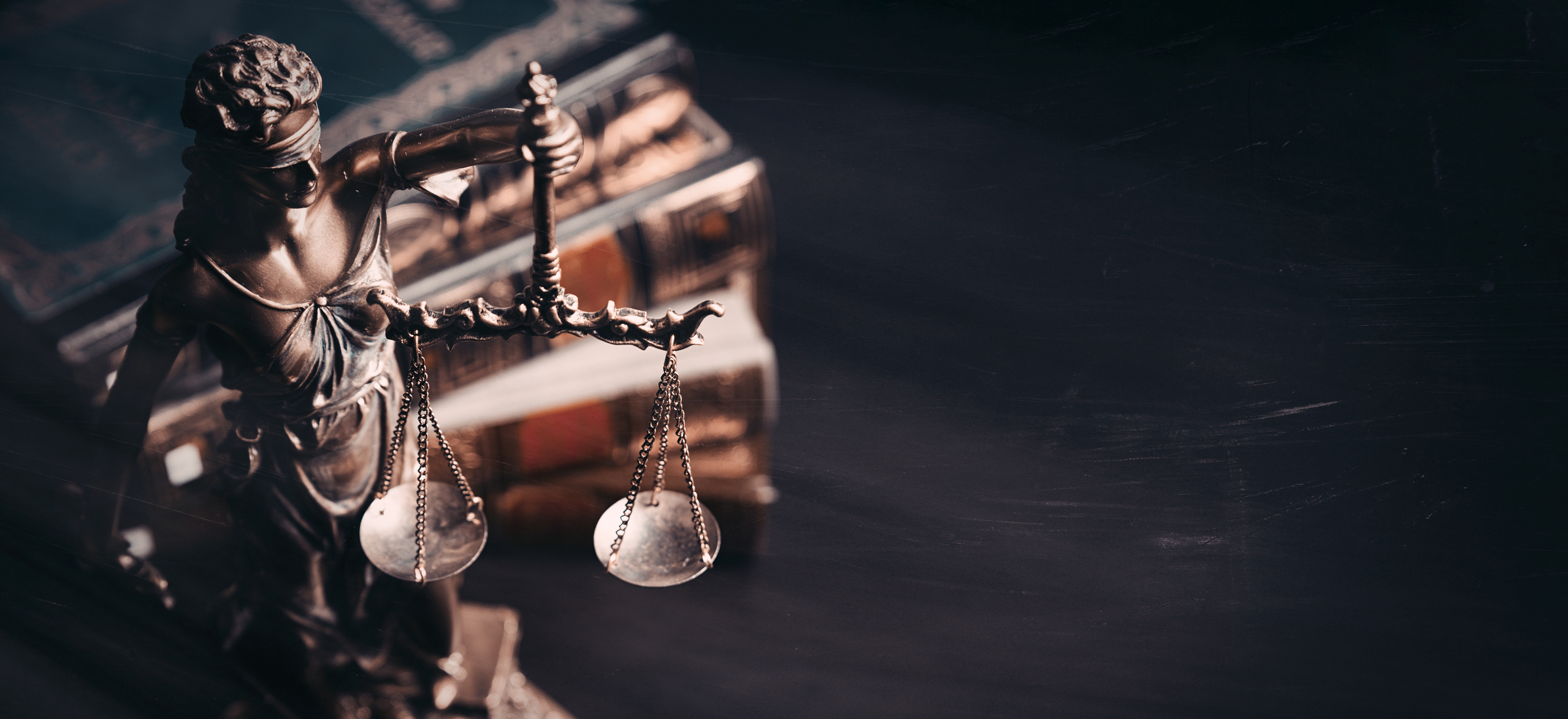
Leeman v. Adams Extract & Spice Co. (Cal. Ct. App. May 21, 2015) says no. As they routinely do, a Prop-65 toxic-chemicals-warning case settles for a trifling amount of penalties but a heaping portion of attorneys' fees - over $72,000, based on rates up to $895 per hour. Doesn't sit right with the trial judge, who cuts the fees substantially, without offering a reason. The First District Court of Appeal reverses, holding that the trial court has authority only to accept or reject a settlement, not change its terms.
Prof. Shaun Martin opines that, even having been reversed, the trial judge got "the last laugh":
I wonder if a part of him was thinking: "You bastards. You know full well this was a shakedown, and that the $72,500 fee award was excessive. You think I can't do anything about that. And you're largely right. I'm not going to keep a crappy case in my court (by disapproving the settlement) just to stop you from getting your fees. But you know what I can do? I can make it hard for you. I can slash you fee award. Once. Twice. Thrice. Make you file three motions. Make you prosecute an appeal. Make you wait a couple of years. And, yeah, you'll get your $72,500. But you'll at least have to work for it."
Maybe. Or maybe the Court of Appeal got it wrong. The parties didn't need the trial court to sign on to the settlement. But they wanted the trial court to maintain jurisdiction under CCP 664.6 to aid speedy enforcement of it: "If parties to pending litigation stipulate . . . orally before the court, for settlement of the case, or part thereof, the court, upon motion, may enter judgment pursuant to the terms of the settlement."
In other words, the trial court was free to deny. By granting with a lesser amount, the court effectively denied the motion, but indicated it would grant the motion if the settlement reflected a more reasonable attorneys' fees amount. What the court may do indirectly it may do directly. Perhaps this would constitute an inappropriate advisory opinion, though at the trial court level it's not terribly unusual. Besides, it makes no sense to give the court the authority to reject a bad deal, but no mechanism to communicate what it takes issue with.
But the trial court didn't change the terms of the settlement. It just said that, to the extent the parties want the court to enforce it under the expedited mechanism of CCP 664.6, this is all the court is willing to do. If the parties didn't want to live with the court's terms, it can forgo CCP 664.6. They can still dismiss their case and walk away with their deal intact, enforceable as any other contract.